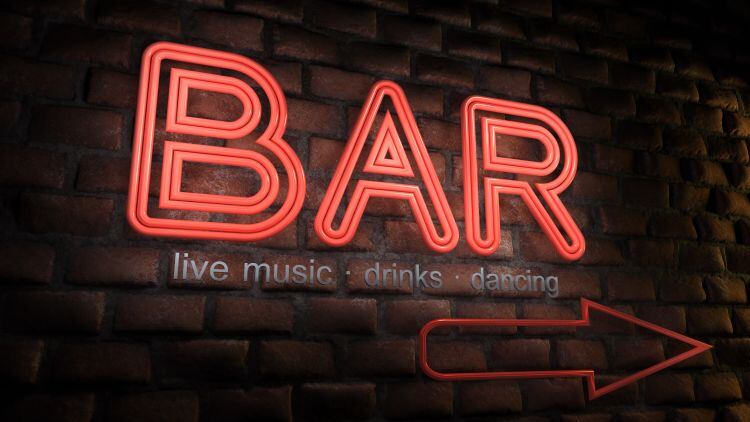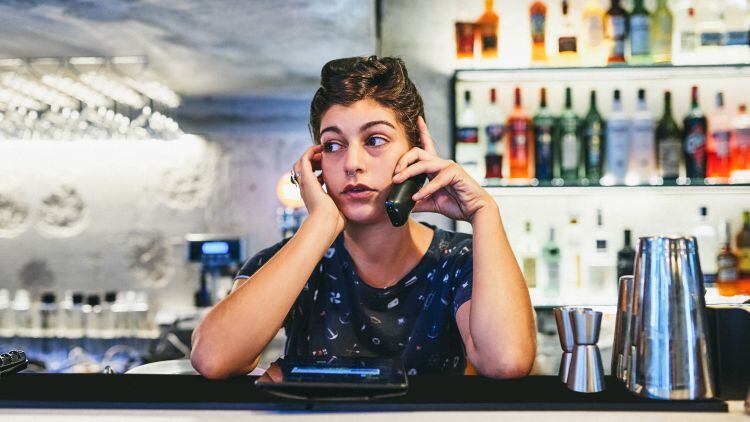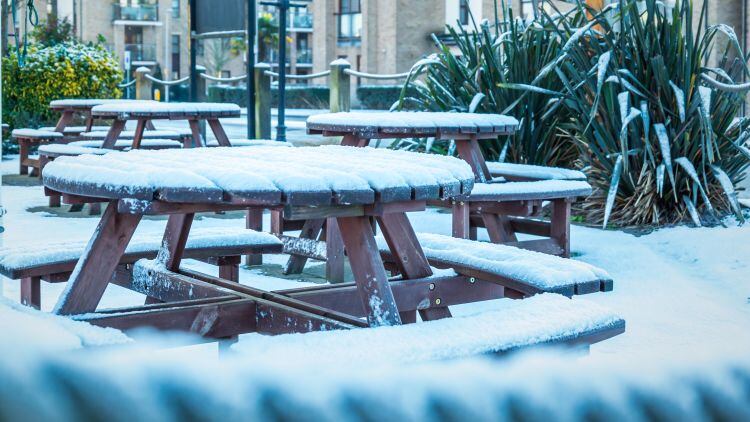This is a summary for the rules for businesses where the NHS Covid Pass or alternative proofs of Covid-19 status (such as a negative lateral flow test) must be used as a condition of entry but the full guidance is available here.
Which venues have to use the Covid pass?
These venues include:
- Nightclubs, dancehalls and discotheques
- Late-night dance venues where it is open between 1am and 5am, serves alcohol after 1am, has a dance floor or space for dancing and provides music (whether live or recorded) for dancing
- Indoor venues with 500 or more attendees, who are likely to stand or move around for all or part of the event such as music venues with standing audiences or large receptions
- Outdoor events with 4,000 or more attendees, who are likely to stand or move around for part or all of the event such as outdoor festivals
- Events with 10,000 or more attendees, indoor or outdoor, such as large sports and music events
What are the exceptions?
However, the guidance stated there are some situations where late-night venues such as nightclubs do not have to use the Covid Pass. These are:
If a venue operates an outdoor event with fewer than 4,000 attendees at any one time.
Nightclubs, dance halls and discotheques that close the dancefloor or cease to provide music
Other late-night dance venues when operating outside of the hours of 1am to 5am or that close their dancefloor, stop providing music or stop serving alcohol between 1am and 5am.
Activities in other hospitality venues including pubs and bars do not have to use Covid-19 status checks as a condition of entry unless one of the following apply:
- Someone rents the venue or part of the venue (or part of the venue) to host an event which meets the criteria for mandatory use of Covid-19 status checks
- The venue hosts an event that meets the criteria for mandatory use of Covid-19 status checks and is ticketed or paid for.
It goes on to give an example of if a pub has music but no dancefloor or space for dancing. This would not need to use the NHS Covid pass as a condition of entry but only as long as the pub does not hold a specific event that meets the attendance threshold of 500 or more people who are standing, such as a ticketed gig.
Timing to check NHS Pass
The guidance goes on to say venues can either check Covid passes upon opening or the time the measure applies from (1am).
Who should check?
Each venue should have a ‘responsible person’ who must comply with a number of obligations relating to using the NHS Covid Pass for entry.
For nightclubs, dancehalls or discotheques, or other venues open after 1am with alcohol, music and dancing, this is the venue manager.
The manager is legally required to deny entry if a customer does not meet the entry requirements of the venue.
Are there customer exemptions?
There are some who are exempt from mandatory use of the NHS Covid Pass. While businesses are not required to request evidence of Covid-19 from these people when they are operating in their official capacities, venues should check they are exempt.
These include:
- Anyone under 18
- Local authority officers and emergency service responders, including police officers, medical professionals and firefighters
- A diplomat or someone working for an international organisation.
What about workers?
Covid-19 status checks are not mandatory for workers but organisations are urged to take reasonable steps to ensure all adults working or providing services in customer-facing roles show evidence of either a valid NHS Covid pass; an acceptable alternative proof of either vaccination, clinical trial or medical exemption for example, international equivalents accepted at the UK border; or an alternative proof of negative Covid-19 test such as a text or email confirmation from NHS Test and Trace.
What are the consequences if a business does not comply?
Local authorities can take enforcement action including prosecution or issues a fixed penalty notice if venues fail to carry out the legal obligation.
A Coronavirus Improvement Notice can be issued, which is often the first step local authority enforcement offices use.
It would require compliance by a date specified on the notice, which will be a minimum of 48 hours after issue.
Furthermore, the local authority also has the power the close down businesses that do not comply with the rules.
The fixed penalty for a first offence would be £1,000 (if paid within 14 days of when it is issued, this can be reduced to £500).
A second offence would be £2,000, £4,000 for a third offence and £10,000 for the fourth and any subsequent offences.
What records do I have to keep?
The ‘responsible person’ must produce and keep up to date, a statement setting out the measures to be introduced to ensure the venue is meeting the requirements of conducting mandatory Covid-19 status checks.
It should explain, where applicable, the spot check approach, if there is prior agreement from the local authority.
Records containing the following information must also be retained:
- The date of event or date the records refer to for a venue
- Number of people attending the venue or event
- Where the business has departed from the general policy of measures to meet certification requirements
- The reasons for adopting different measures
- The measures that have been adopted
- How a person’s eligibility to enter the venue was checked
- The number of occasions on which the reasonable measures taken to check Covid-19 status of attendees were varied from 100% checks by agreement with the local authority and the number of people who were admitted on each occasion
- The number of occasions where people were admitted to avoid injury or harm
Records must be kept for three months from the date of the event or for a venue, three months from the date to which the records refer.
Should you have any questions on the guidance, please contact nikkie.thatcher@wrbm.com and we will endeavour to get them answered.





